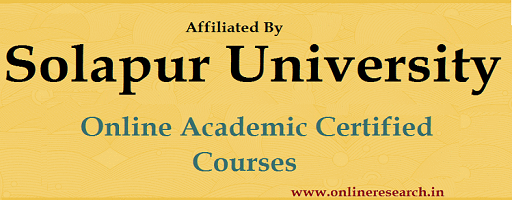| Article Details : |
|
| | | Article Name : | | | Political Ideology and the Role of Alliances in Shaping Public Policy Objectives | | Author Name : | | | Yaron Katz | | Publisher : | | | Bridge Center | | Article URL : |  | | | Abstract : | | | This research explores the determinants and repercussions of political ideology while looking at the foundational role of alliances in shaping public policy objectives. The idea of political alliances refers to collaborations or associations formed among individuals or groups who share common traits, identities, or interests. It also explores the impact of identity politics, which often leads to the formation of political alliances based on shared characteristics such as religion, race, class, or culture. In the environment of international politics, liberal theorists offer distinct perspectives shaped by principles such as individual freedom, equality, democracy, and the rule of law. They argue that these principles should govern interactions among states, promoting cooperation, interdependence, and peace. Liberal theories maintain that democracies are less likely to go to war with each other due to their governance structures and shared values, although conflicts between democracies and autocracies challenge this notion. These conflicts highlight the complexities of interstate relations, with significant implications for global stability, regional order, and the promotion of democratic values. Autocratic regimes may pursue aggressive foreign policies, while democracies respond through diplomatic means, economic sanctions, or support for democratic movements. Nationalist appeals are common among both democratic and authoritarian rulers, but autocratic regimes may use nationalism to bolster their legitimacy and constrain state behavior. The research maintains that with global trends such as the rise of social media and challenges to the liberal international order, the future of liberal democracy faces uncertainties. Social media platforms exert significant influence over the public agenda, reshaping political communication and facilitating collective action. However, concerns about misinformation, corruption, and media bias demonstrate the complexities of free speech in the digital age. Consequently, transparency and accountability are essential for maintaining trust in democratic institutions, although populist narratives and political discourse pose challenges to informed decision-making. | | Keywords : | | | Alliances, Ideology, Identity, Politics, Populist |
|
|
|
|
|
|

|
| Announcements
|
- Volume 9, issue 5, August issue - publishing in progress
- Volume 9, Issue 2/ May 2021 publishing IN PROGRESS
- Call for Papers: open. Articles will be uploaded constantly, once the evaluation process is complete.
- The Certificates of Publication can be downloaded from RECEIVED ARTICLES section.
- COVER - VOLUME 2, ISSUE 12 / MARCH 2015
- COVER - VOLUME 3, ISSUE 2 / MAY 2015
- COVER - VOLUME 3, ISSUE 3 / JUNE 2015
- COVER - VOLUME 3, ISSUE 4 / JULY 2015
- COVER - VOLUME 3, ISSUE 8/ NOVEMBER 2015
- COVER - VOLUME 4, ISSUE 4 / JULY 2016
- COVER - VOLUME 4, ISSUE 5 / AUGUST 2016
- COVER - VOLUME 7, ISSUE 11/ FEBRUARY 2020
- Volume 9, issue 3, June 2021 publishing in progress
|
|
|
| New Launched Project |
 |
|
|
| Recommend & Share
|
|